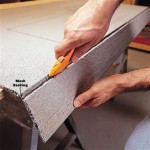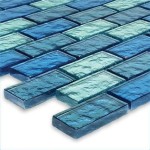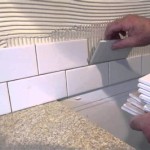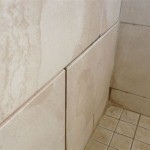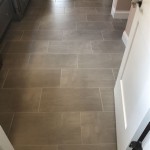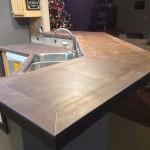Can I Use Vinyl Tiles On The Garage Floor?
Vinyl tiles are a popular and affordable flooring option for many areas of the home, but are they suitable for use in the garage? In this article, we will explore the pros and cons of using vinyl tiles in the garage, as well as provide some tips for installation and maintenance.
Pros of Vinyl Tiles for Garage Flooring
- Durability: Vinyl tiles are made from a durable material that can withstand heavy foot traffic and the occasional impact from tools or equipment.
- Water resistance: Vinyl tiles are waterproof, making them an excellent choice for garages that are prone to moisture or spills.
- Easy to clean: Vinyl tiles are easy to clean and maintain with a simple mop or vacuum.
- Affordable: Vinyl tiles are a relatively affordable flooring option, making them a good choice for budget-conscious homeowners.
- Variety of styles: Vinyl tiles are available in a wide variety of styles, colors, and patterns, allowing you to create a garage floor that matches your personal taste.
Cons of Vinyl Tiles for Garage Flooring
- Not as durable as other flooring options: While vinyl tiles are durable, they are not as durable as some other flooring options, such as epoxy or concrete.
- Can be damaged by chemicals: Vinyl tiles can be damaged by certain chemicals, such as gasoline or oil.
- Not suitable for heavy vehicles: Vinyl tiles are not suitable for use in garages that are frequently used by heavy vehicles, such as RVs or trucks.
- Can be slippery when wet: Vinyl tiles can be slippery when wet, so it is important to use a non-slip coating or rug.
Tips for Installing and Maintaining Vinyl Tiles in the Garage
If you decide to use vinyl tiles in your garage, there are a few tips you should follow to ensure a successful installation and long-lasting results:
- Prepare the subfloor: The subfloor must be clean, level, and dry before installing vinyl tiles.
- Use a moisture barrier: A moisture barrier should be installed between the subfloor and the vinyl tiles to prevent moisture from damaging the tiles.
- Follow the manufacturer's instructions: Carefully follow the manufacturer's instructions for installing vinyl tiles.
- Seal the seams: After installing the vinyl tiles, seal the seams with a clear sealant to prevent water from seeping between the tiles.
- Clean regularly: Regularly clean the vinyl tiles with a mild detergent and water.
Conclusion
Vinyl tiles can be a good option for garage flooring, provided that they are installed and maintained properly. They are durable, water-resistant, easy to clean, and affordable. However, it is important to be aware of the limitations of vinyl tiles before making a decision. If you are looking for a more durable flooring option that can withstand heavy vehicles or chemicals, you may want to consider other options, such as epoxy or concrete.

Can You Use Vinyl Flooring In Your Garage

We Review Newage Lvt Garage Tiles Why They Defy The Rules All Floors

We Review Newage Lvt Garage Tiles Why They Defy The Rules All Floors

How To Choose Garage Flooring Inc

The Truth About L Andstick Vinyl Garage Floor Tiles All Floors

The Benefits Of Vinyl Composite Tile Vct Garage Flooring All Floors

Are Vinyl Flooring S Good Options For Garage Floors

Garage Flooring Guide

Are Vinyl Flooring S Good Options For Garage Floors

The Best Garage Flooring Options For A Fresh Update
Related Posts


